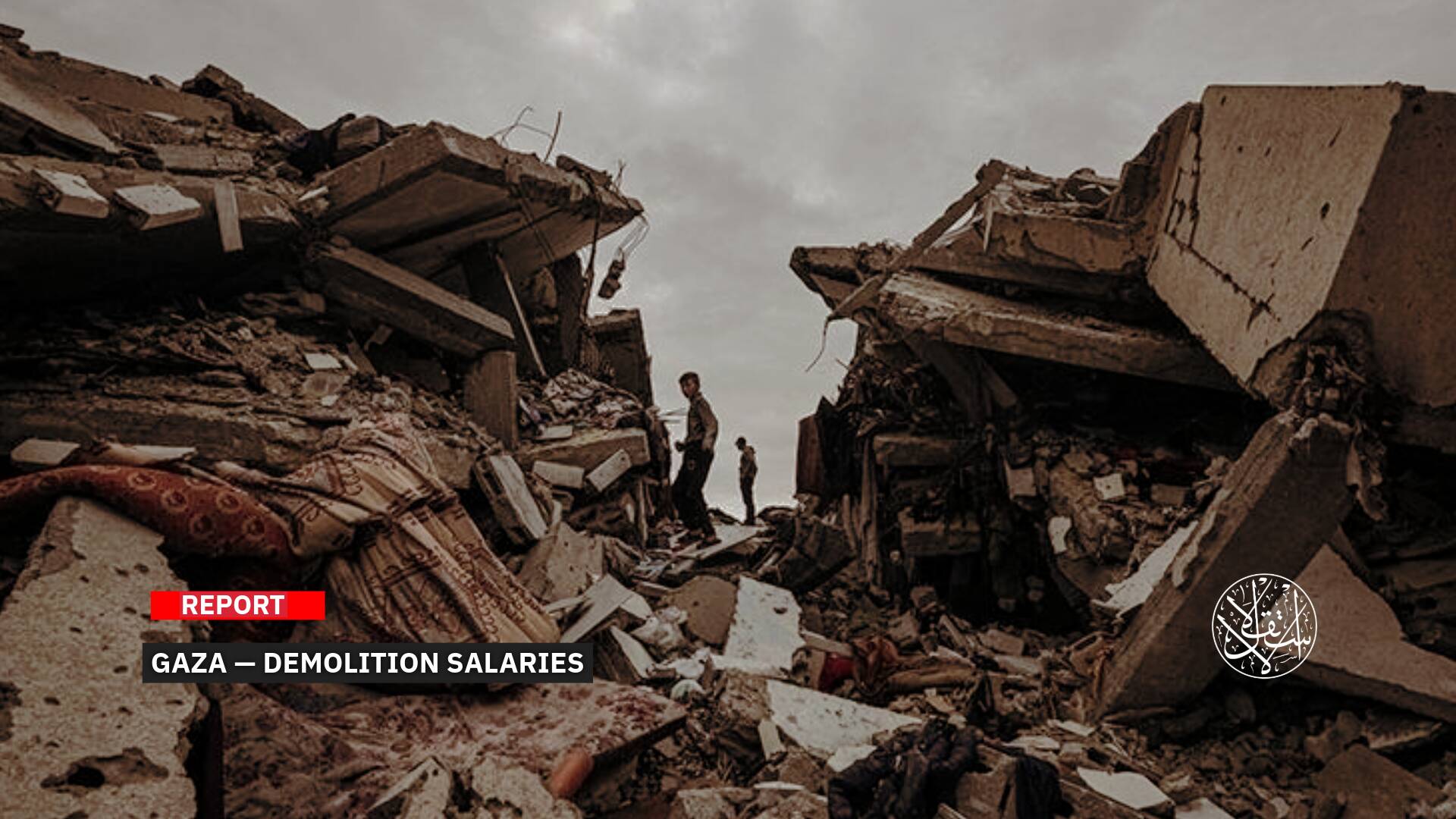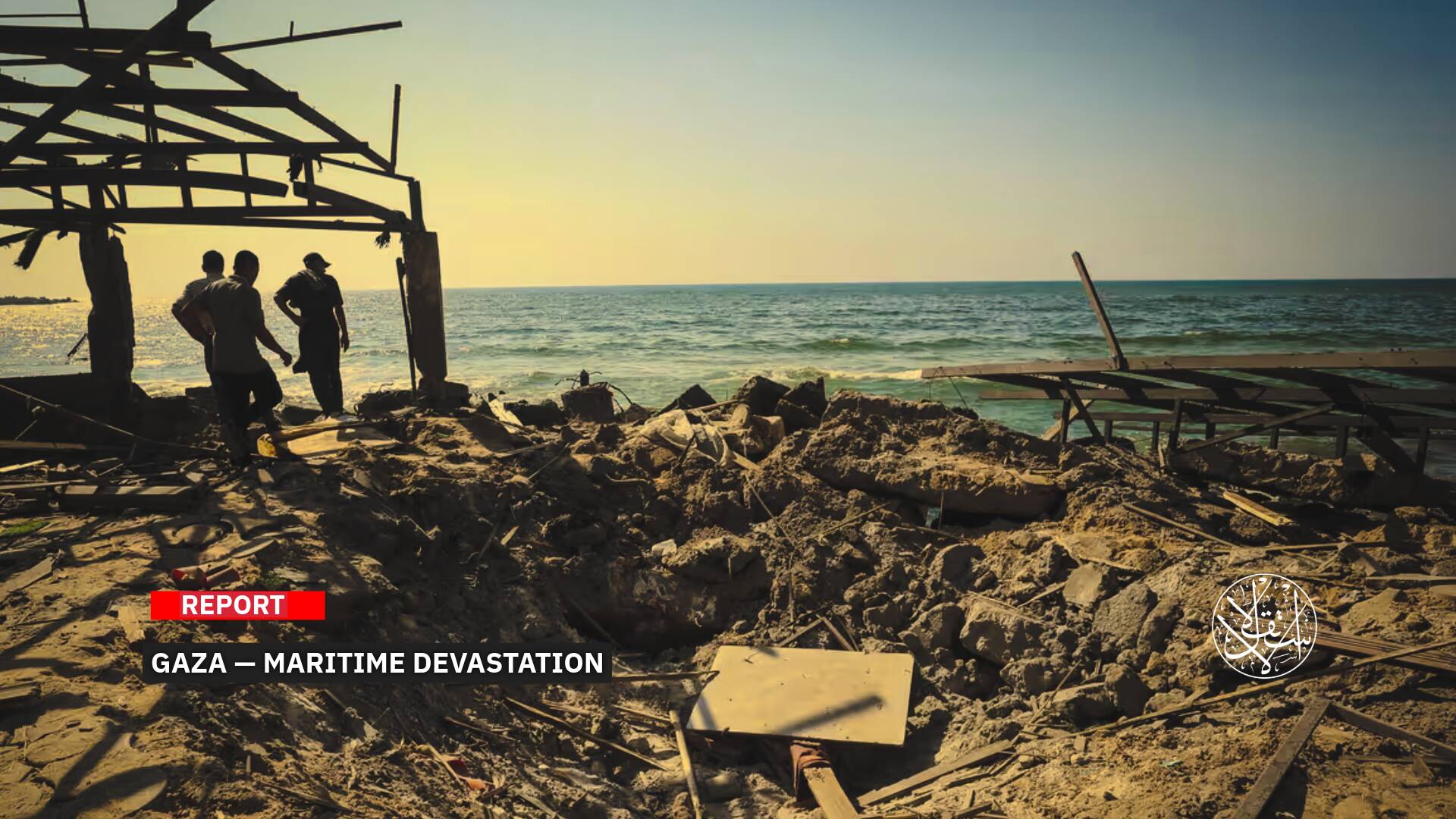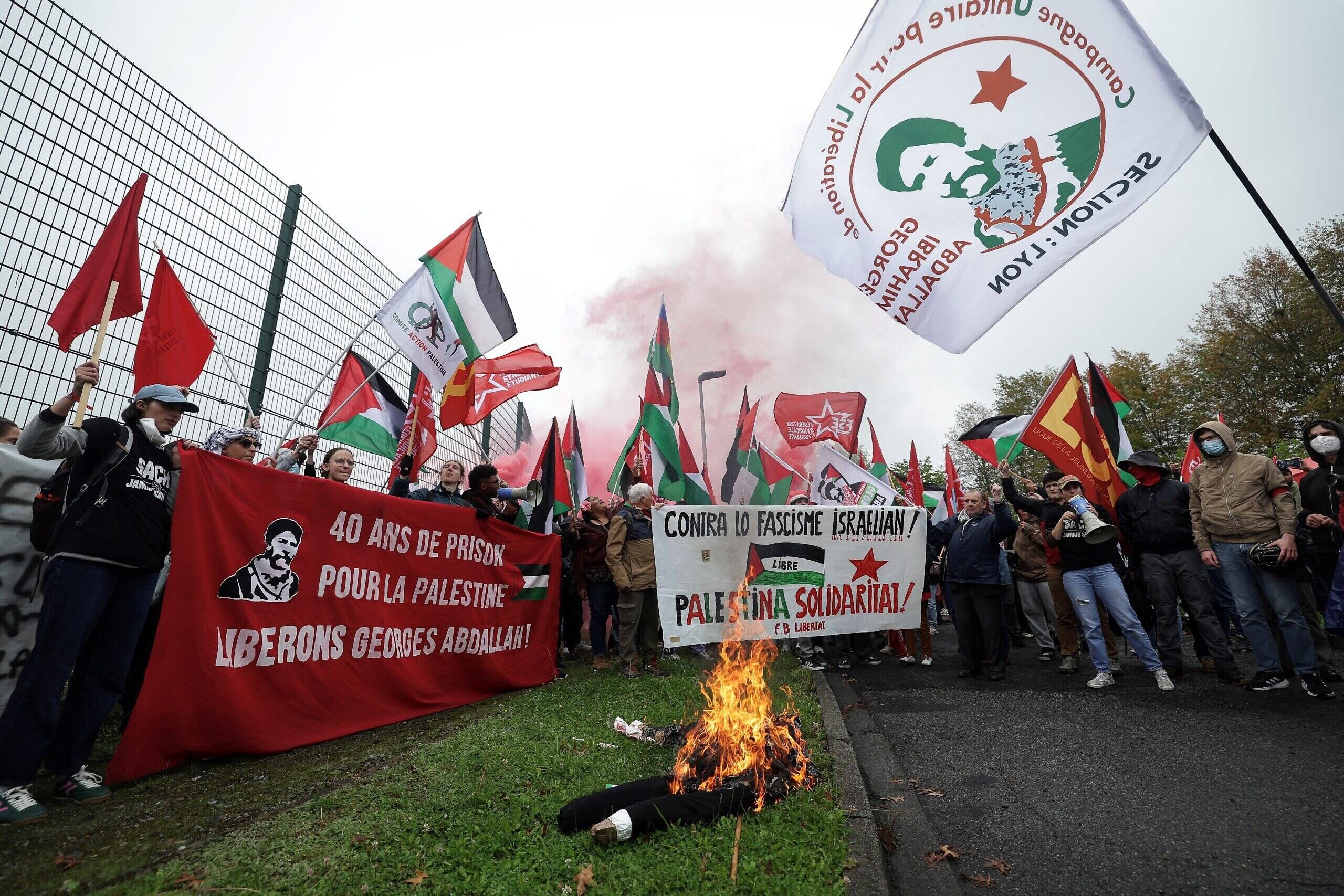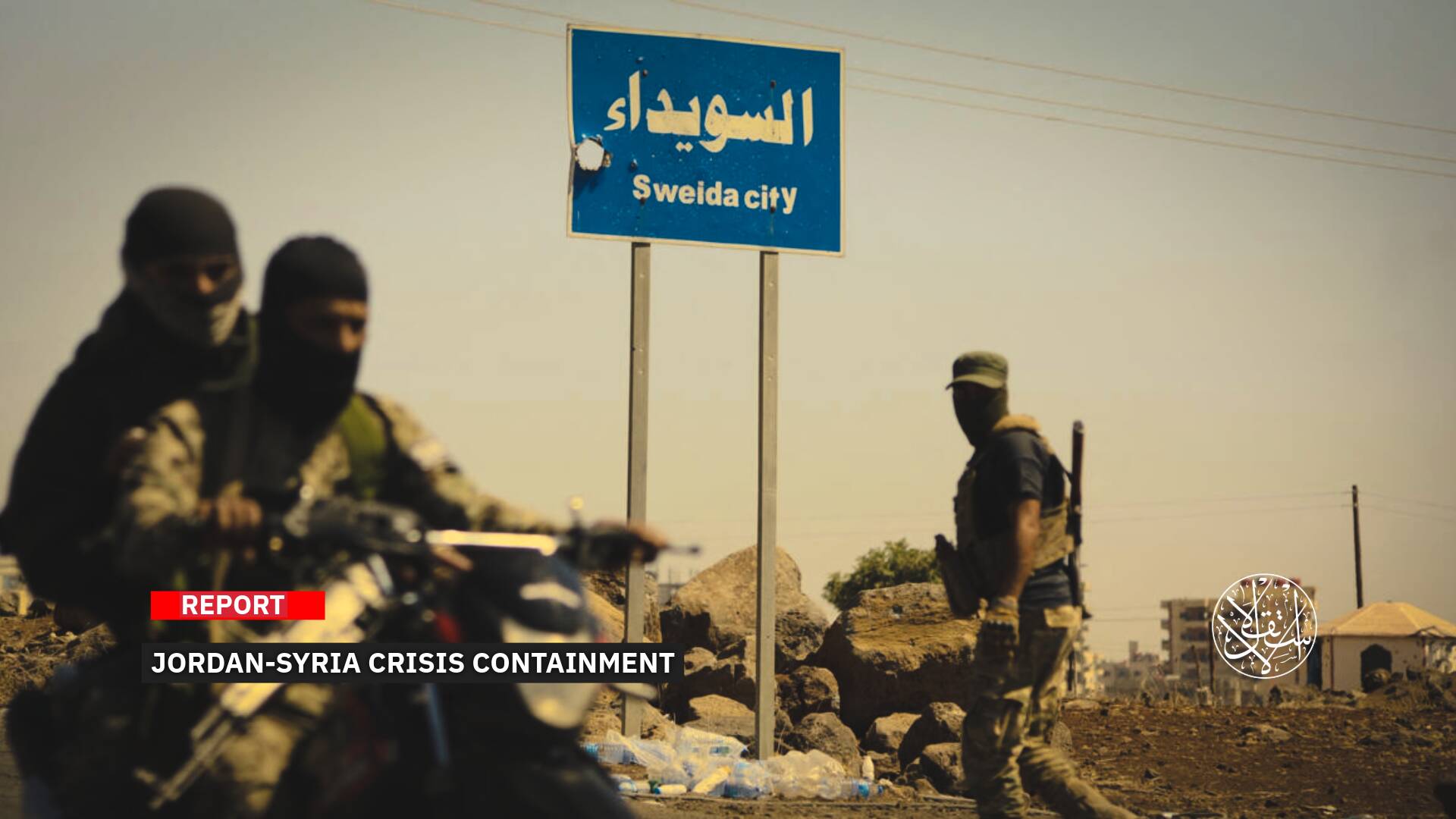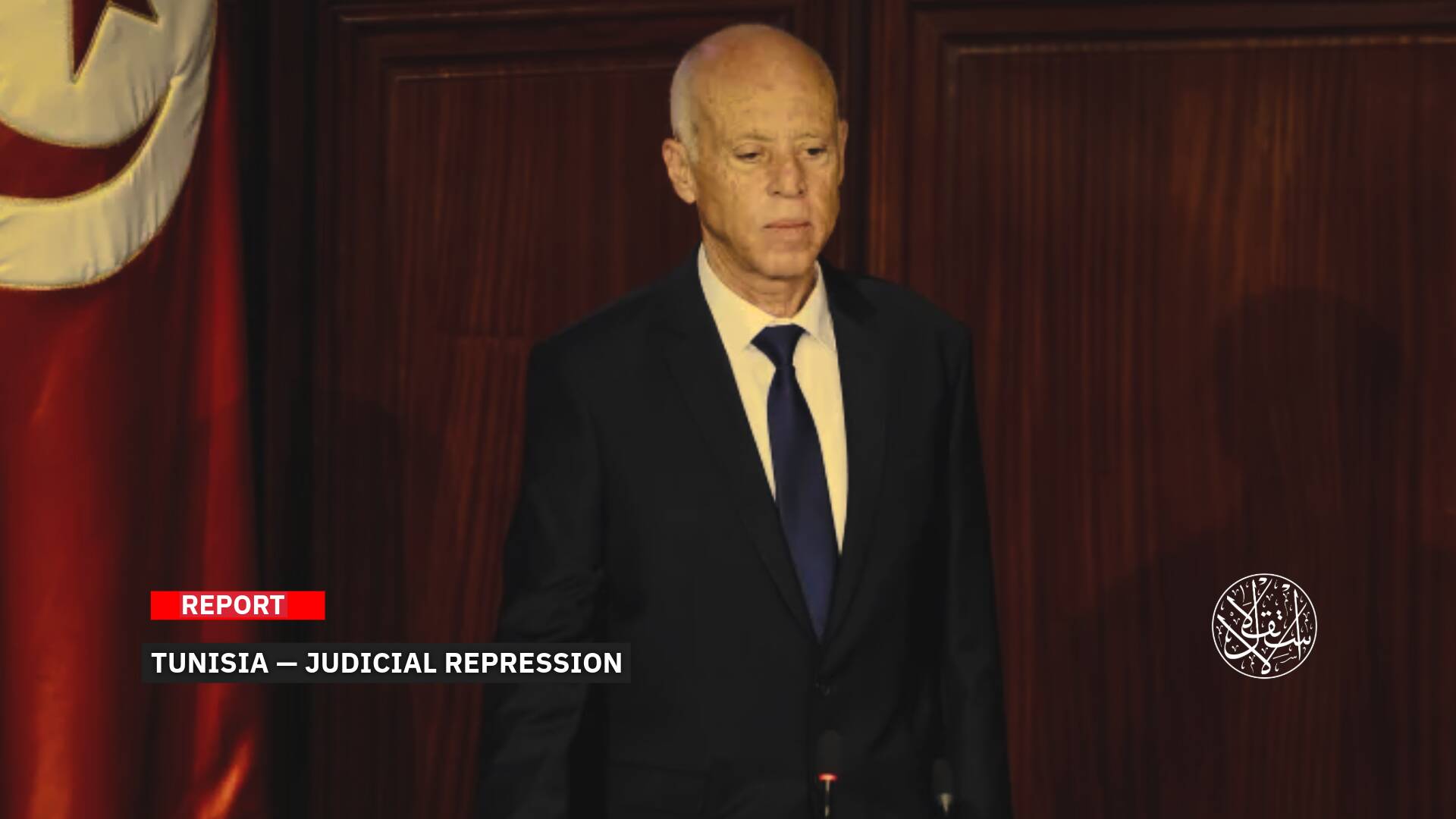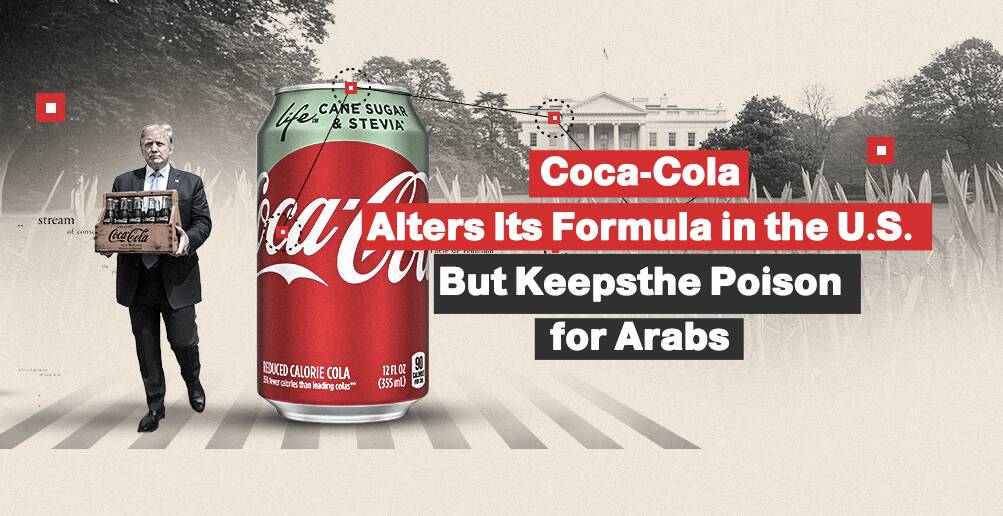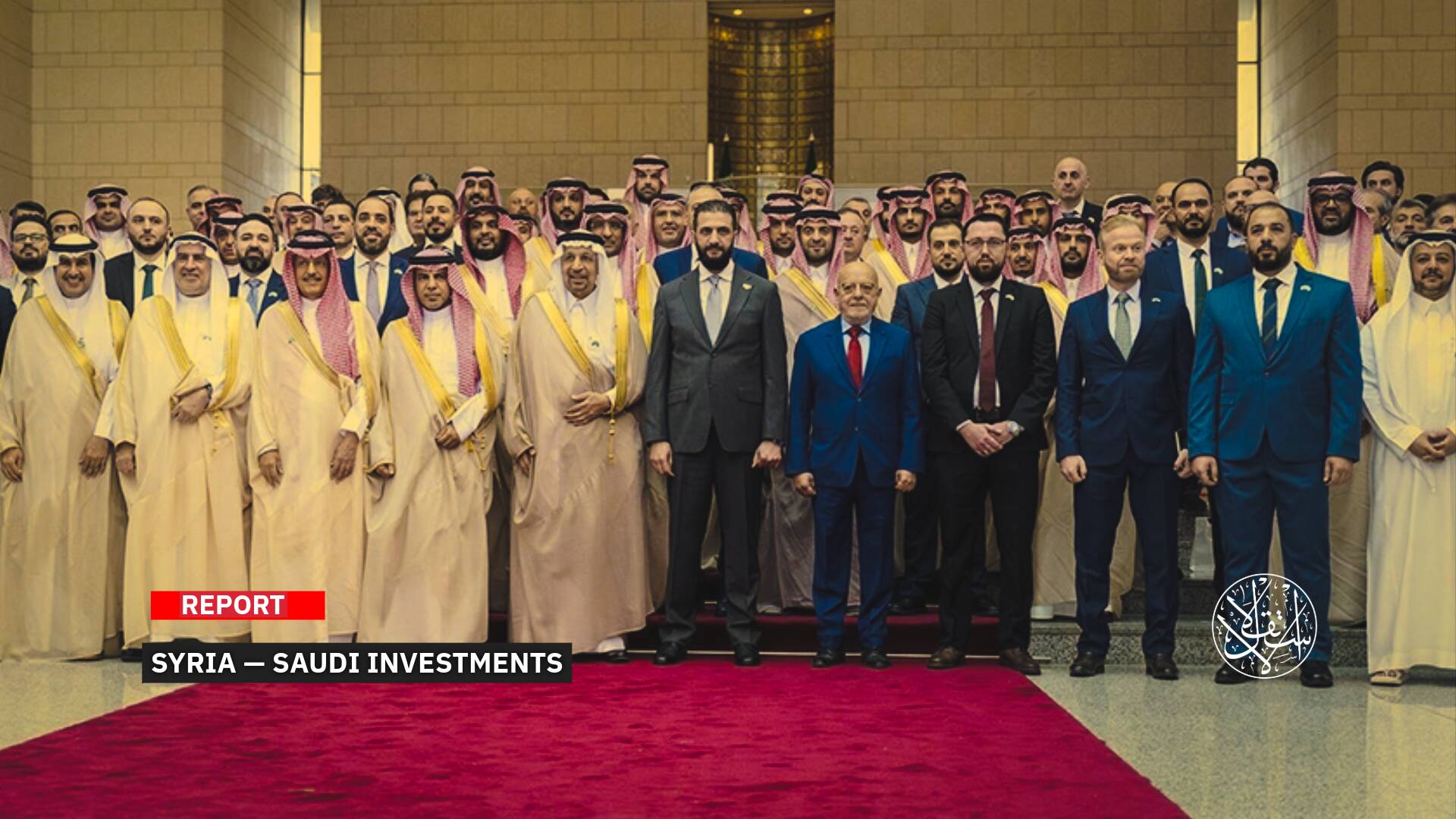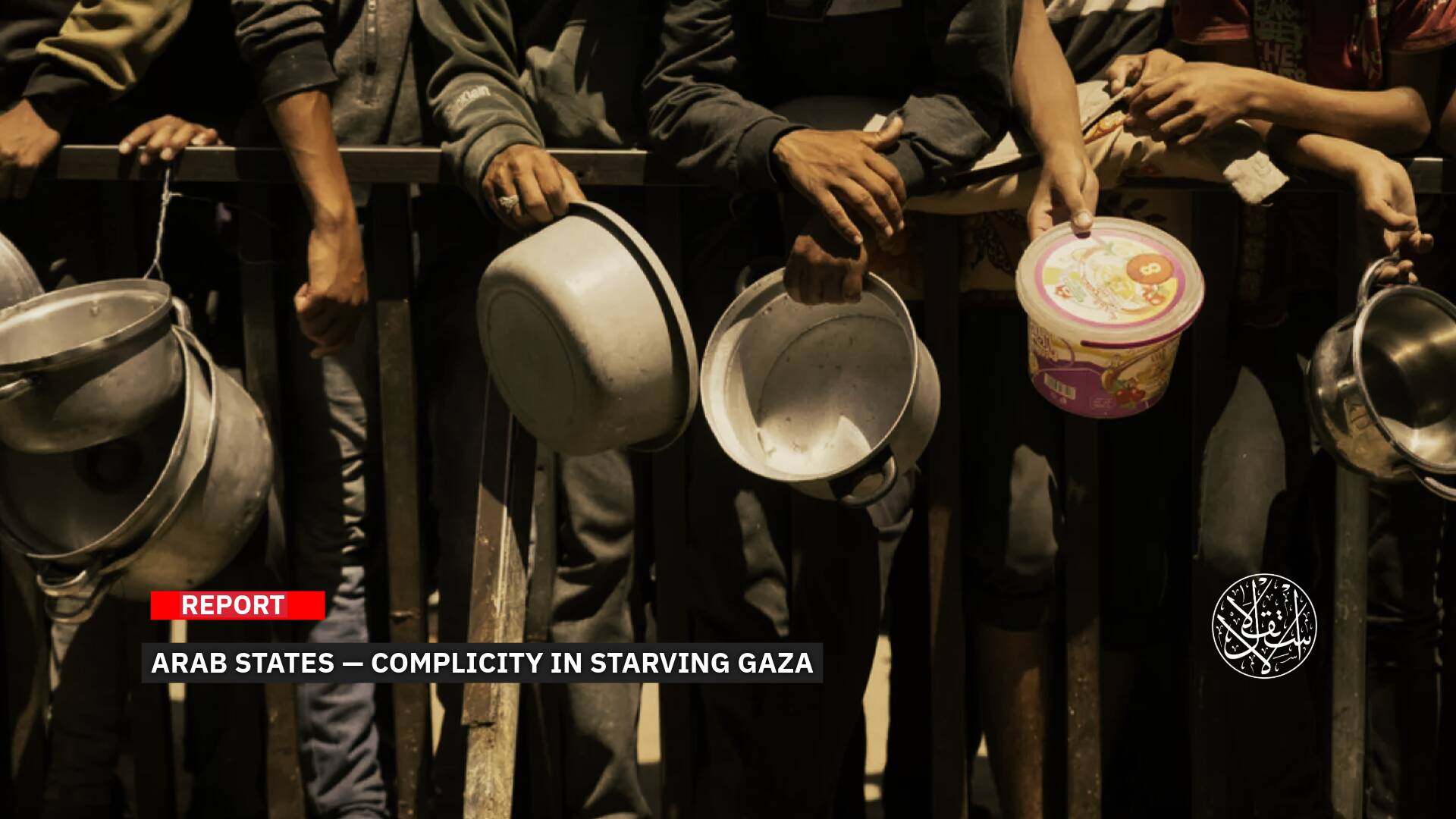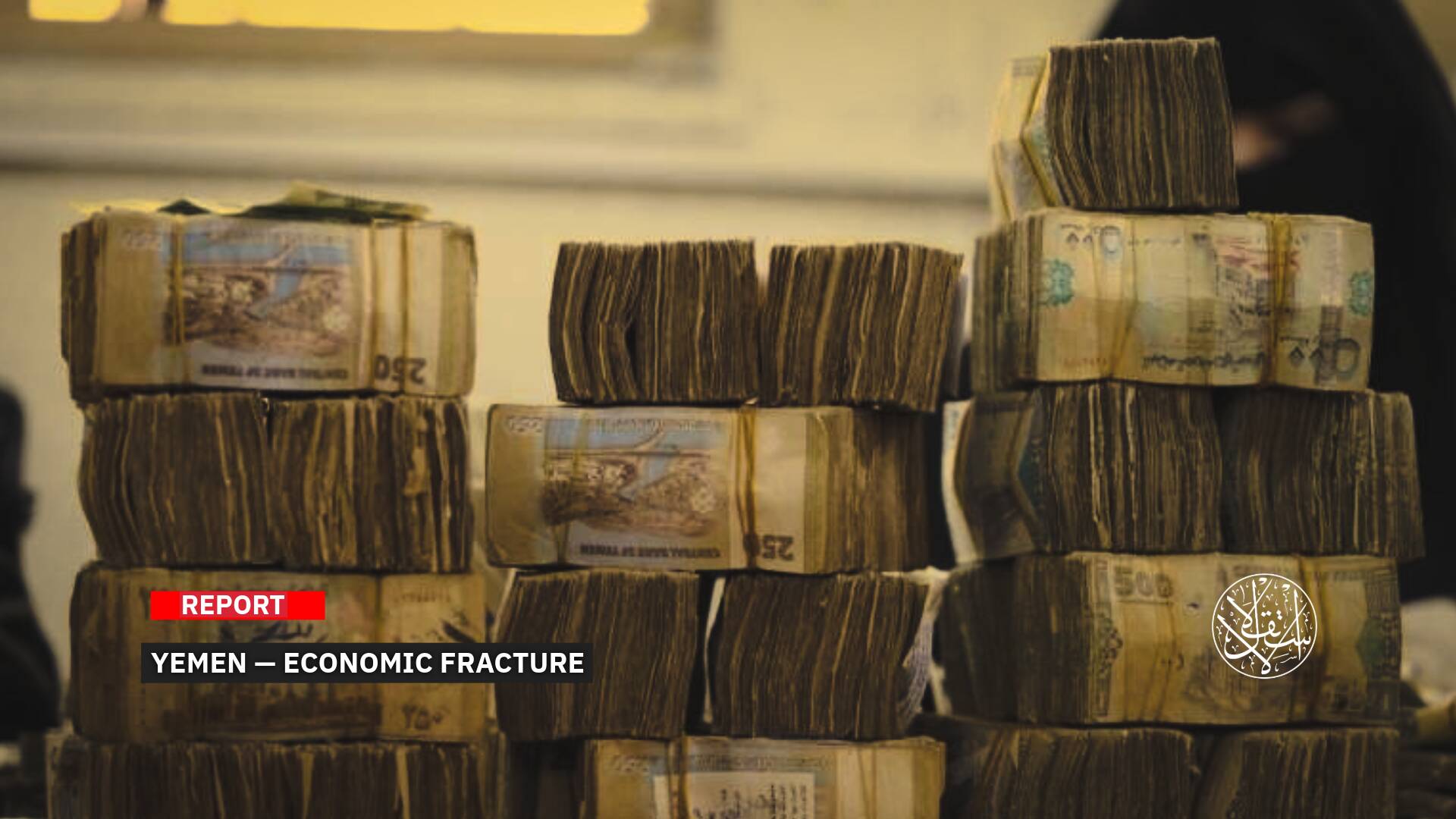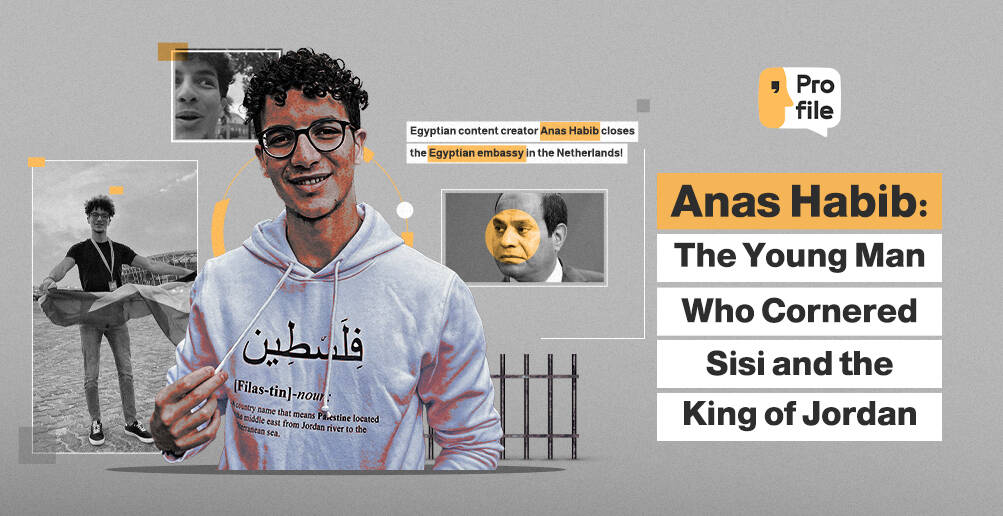Gold Excavation in Mauritania, Wealth or Death?
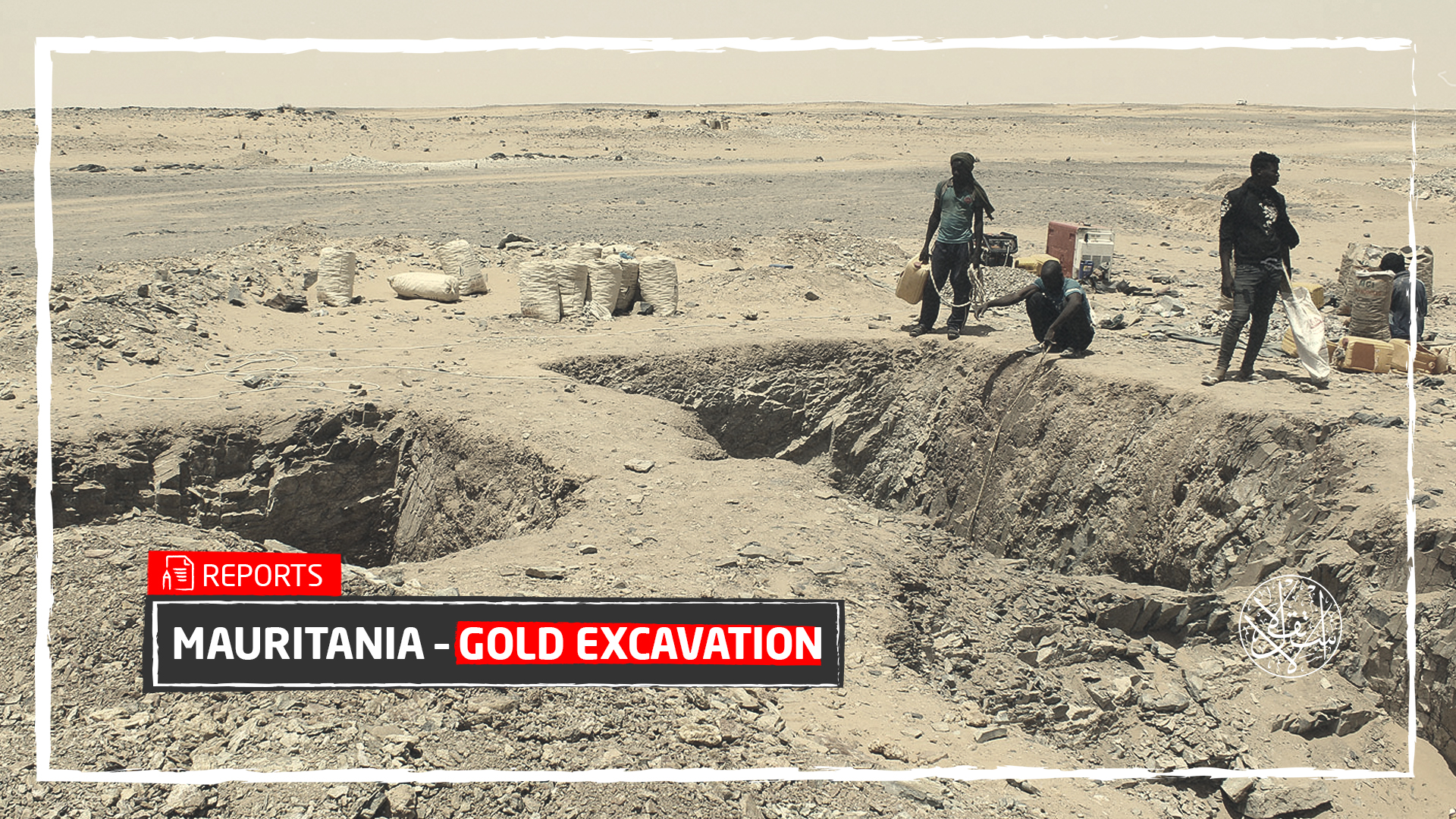
“Gold prospecting” is a dream of wealth that many Mauritanians wish for despite its risks, and the desire of their government to obtain the necessary funding to save the country from its economic reality amid the ambitions of Western countries for exploiting the country’s wealth.
The Mauritanian authorities, instead of dissuading artisanal miners from prospecting, organized their activity, in exchange for new tax revenues, reviving the Nouakchott treasury.
Extensive Western interest in the gold prospecting file, expressed by an investigation published by the French magazine “Jeune Afrique” on June 28, 2021. The newspaper described what is happening there kilometers deep under the surface of the earth, where 45,000 miners work, according to official estimates in March 2016.
"Habibi", one of the thousands of young Mauritanian prospectors for the yellow metal, descends to the bottom of a deep well where he works 10 hours a day, in the middle of the desert in the "Tasyasset" region (in the center of the country). Aiming to search for gold, he came at the age of 25, from the town of Oyoun Al-Atros, located 400 km to the south.
Habibi and his fellow "drillers" get 30 percent of the gold they find, with the rest going to the owner of the well.
In 2020, the search for gold began to return to the state treasury with $130 million, before it was just a craft for the people of the regions neighboring the mines. That was a crazy outbreak of exploration, in a country where unemployment affects more than a third young people.
The wells multiplied and the risks of fatal collapse increased with them. Excavation was just a craft, but the prospectors could not reach the depth, due to their lack of advanced drilling mechanisms that could penetrate several kilometers deep into the earth to find the mineral.
Legalization of Drilling
Since 2016, Mauritania has licensed its citizens to prospect for gold, which contributed to improving the country’s production and income of gold. Artisan mining produced 5.6 tons of gold in 2020, more than a third of the annual production of two industrial companies in the field, which amounts to about 14 tons, according to the Ministry of Finance. In 2020, gold prospecting brought in $130 million.
More than 100,000 indirect jobs appeared in the so-called "desert ovens", in the northern state of Tiris Zemmour, and in the middle of the state of Inchiri (western Mauritania), whose population grew from 2,600 people to 11,000.
In his program for the 2019 presidential elections, President Mohamed Ould Cheikh El-Ghazouani promised to open new artisanal gold mining sites, providing new opportunities for the most disadvantaged groups, and creating all the necessary facilities.
In the cities of Shami and Zouerate, the Central Bank of Mauritania set up counters to purchase gold from artisanal miners, but it is estimated that two-thirds of their production goes to Sudan and the UAE via Mali.

The authorities require that non-Mauritanian citizens should not be allowed to work in the search for gold. In May 2021, the Mauritanian authorities arrested 44 foreigners, including 35 Sudanese and 9 Maliens, while they were illegally prospecting for surface gold, in the north of the country.
The (governmental) Mauritanian Minerals Company warned Mauritanians against exploiting foreigners in surface gold exploration operations "within the area in which the activity has been licensed exclusively for Mauritanian citizens," stressing that Mauritanian citizens have the only right to exploit the gold wealth in the north of the country.
In 2016, the former director general of minerals at the Ministry of Oil and Energy, Ahmed Talib Mohamed, said that, "It is difficult to regulate the gold exploration activity.”
Ahmed Talib Mohamed expected, "With the treatment of waste, Mauritania will enter a semi-industrial phase for gold processing, which will increase production significantly."
He reported that the gold miner takes a maximum of 40 percent of the gold in the rocks, while the rest is needed by industrial groups, including Turkish, Sudanese and Chinese companies requesting licenses to operate.
Death Danger
In March 2021, the Mauritanian Minerals Company announced that searches were underway for seven missing persons under the rubble of a gold prospecting mine in the Chekatt area near Mauritania's northern border with Algeria.
The company warned prospectors not to leave the licensed exploration area, stressing that the accident occurred in an area outside the license area.
In May 2020, the state established the General Organization of Mauritanian Minerals to impose administrative and financial rules and take care of the safety of the exploration process.
In exchange for the dream of getting rich, artisanal miners do not care much about their safety while digging 30 meters deep for mercury, at risk of suffering from serious neurological or renal disorders within a few years.

Gold was the source of Mauritania's hard currency earnings in 2020, exceeding iron and fish, which has been at the forefront over the past years.
According to a report attached by the Ministry of Finance to the Finance Bill of 2021, gold ranked first among Mauritania’s exports in 2020, in terms of its hard currency earnings, and the gold mineral revenues in 2021 amounted to about $780 million.
In June 2020, Mauritanian Minister of Minerals and Oil, Mohamed Ould Abdel Fattah, signed an agreement with the director of Kinross Corporation in Canada, to exploit the country's largest gold mine.
The new agreement allows to increase the country's revenues from the mine and increase the state's percentage from 3 percent to range from 4 to 6.5 percent.
Foreign Benefit
The researcher in economic affairs, Imam Muhammad Mahmoud, from Nouakchott said: The Mauritanian Ministry of Finance reported that “gold revenues in 2020, ranked first in terms of hard currency revenues, and this transformation, the first of its kind in the country’s history. This is a great opportunity for the government and the private sector to work on improving and developing prospecting, research and even marketing mechanisms.”
In his interview with "Al-Estiklal", the researcher attributed gold to the list of state revenues from hard currency and this is due to reviewing previous agreements between the Mauritanian government and the Canadian "Kinross" company that owns the "Tazizt" mine.
The increase in state revenues from gold, according to the specialist, is also due to the "development witnessed by surface excavations, which formed a haven for thousands of unemployed citizens, especially after the state legalized this type of exploration."
Imam Muhammad said, "Whatever the reasons for this increase in state revenues from gold, the Mauritanian government faces a historic opportunity to develop this sector and benefit from these resources to advance the development process in the country."
He added, "The Mauritanian government has an opportunity to benefit from gold production, especially with the increase in reports about the large reserves of gold that exist in the country."
Among those reports, the spokesman referred to the report of the "Mauritanian Authority for Transparency in Extractive Industries", which estimated Mauritania's gold reserves at 25 million ounces.

Required Steps
The economic researcher added: “I think that there are steps that must be quick to develop gold production, including reviewing previous agreements with (Tasiast) and (MCM), in a way that guarantees more transparency in production and increases the government's share in the agreements.”
Mahmoud added: "Priority should also be given in exploration licenses to national companies, and the government can work to establish a national company for the production of gold, such as the (ASNIM) company that produces iron. These steps can support the state's efforts to develop gold production."
The Mauritanian economist believes that "foreign companies working in the field of gold production play a significant role in reducing the state's benefit from this resource, but these companies are, of course, international companies looking for profit"
The biggest obstacle, according to Mahmoud, is represented in the laws of exploration licenses and previous agreements, which are international agreements whose non-compliance entails a set of penalties.”
He concluded by saying: "The government should be keen to bring about fundamental changes in the agreements and renew the licensing laws to be more powerful in protecting the state's right in the upcoming agreements."



